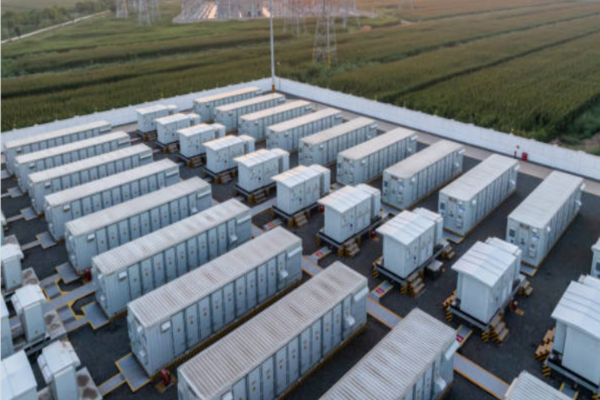A group of companies in Japan, in partnership with the city of Yokohama, is working on a project to test an offshore data center powered entirely by renewable energy. The companies involved include Eurus Energy Holdings Corp, Nippon Yusen Kabushiki Kaisha, NTT FACILITIES INC, and MUFG Bank Ltd. They have signed a memorandum of understanding (MoU) to start the demonstration phase.
The project will use a floating platform, known as a mini-float, which is designed to serve as a disaster countermeasure. This platform will support the offshore data center and allow for energy-efficient operations. The mini-float is expected to measure 25 meters in length and 80 meters in width. It will be installed off the coast of Osanbashi Pier in Yokohama City, Kanagawa Prefecture.
The data center will be powered by solar energy and battery energy storage systems (BESS). The combination of these technologies will ensure a stable electricity supply without relying on traditional fossil fuels. This setup aims to reduce emissions while maintaining high operational reliability. The project is scheduled to begin operations in autumn 2025.
Eurus Energy stated that the results of this demonstration will help assess whether similar floating data centers can be developed in other locations along Yokohama’s waterfront. If successful, this model could be applied in other coastal cities in Japan, where land availability for large-scale data centers is limited.
Japan has been increasing its focus on renewable energy projects to reduce dependence on imported fossil fuels. In addition to this initiative, smaller renewable energy projects are being implemented across the country. Several solar-powered desalination plants have been installed in remote coastal regions to provide clean drinking water. Some smaller islands are also testing microgrid systems that integrate wind and solar power with battery storage to reduce reliance on diesel generators.

